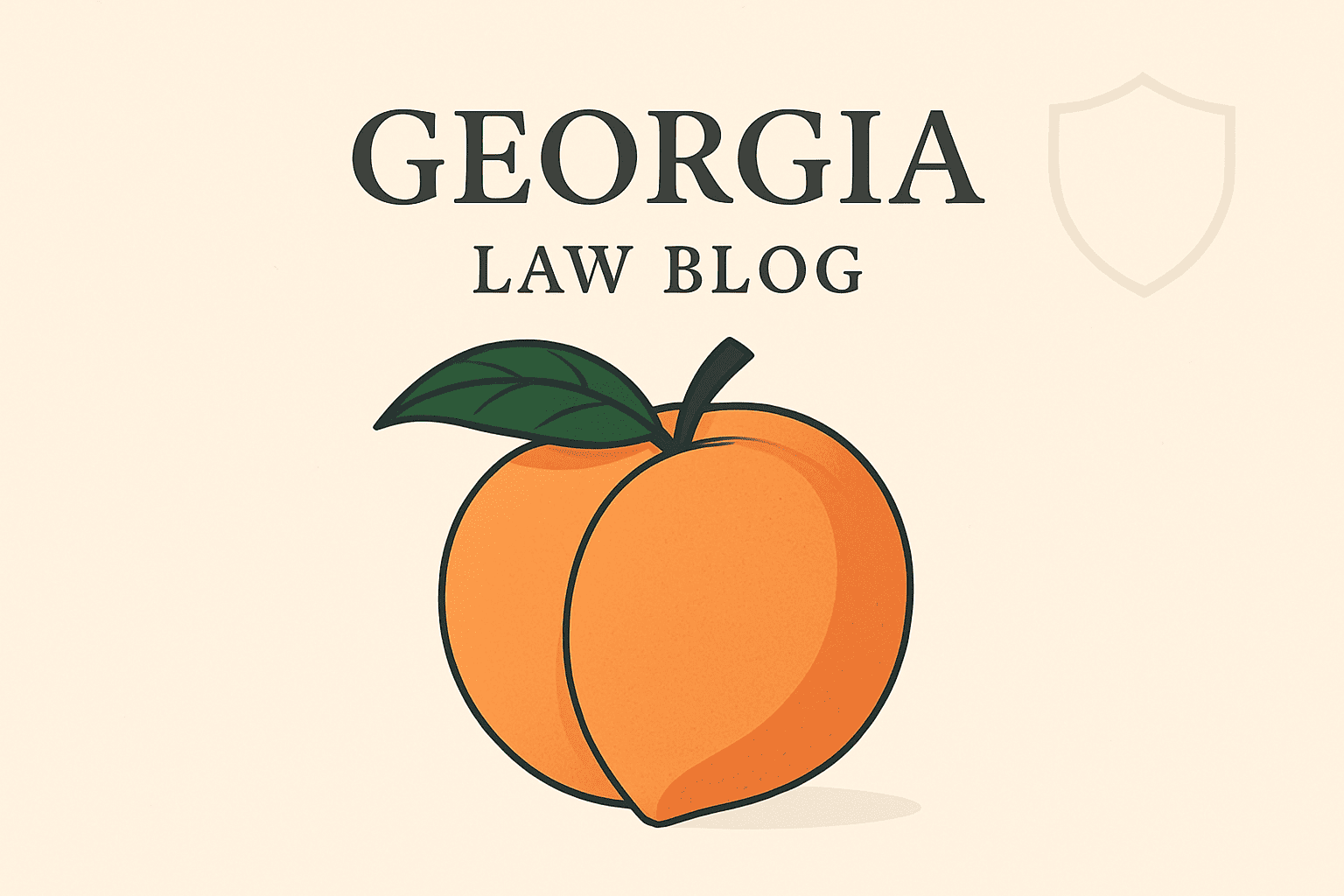Let’s Talk About Dogs in the Peach State
From the bustling neighborhoods of Atlanta to the serene countryside, Georgians love their dogs. They’re our trusty companions for everything from a walk through Piedmont Park to a lazy afternoon on the porch. But, as with anywhere, dog bites can happen, and Georgia’s laws on the subject have their own unique flavor.
Georgia doesn’t have a simple, straightforward rule. It’s best described as a modified “one-bite rule” with an important twist involving local leash laws. It might sound a bit confusing, but don’t worry. We’ll lay it all out in a way that’s easy to follow.
Georgia’s Law: The Two Paths to Proving a Case
In Georgia, an owner is generally not automatically responsible if their dog bites someone. To hold an owner liable, the injured person usually has to go down one of two paths to prove their case.
Path #1: The “One-Bite Rule”
This is the traditional way to prove a case. Under this path, you have to show two things:
- The dog was dangerous or vicious. This doesn’t just mean it had bitten before. It could be a known history of lunging, growling, or snapping at people.
- The owner knew about the dog’s dangerous tendencies.
On top of that, you also have to prove that the owner was careless in managing the dog (for example, by letting it roam free). Proving all of this can be tough, which is why many people rely on the second path.
Path #2: The “Leash Law” Twist
This is the most unique and commonly used part of Georgia’s law. You can hold an owner responsible without having to prove they knew their dog was dangerous, if you can show the following:
- The owner violated a local leash law (an ordinance that says dogs can’t be “at-large” or must be on a leash).
- The dog was not provoked.
Almost every county and city in Georgia has some form of leash law. So, if a dog bites you while it’s running loose in a county that requires dogs to be contained or on a leash, its owner is likely liable. This path is often much easier to prove than the traditional “one-bite rule.”
When an Owner Might Not Be on the Hook
Even if one of the paths above seems to fit, there are a few key defenses an owner can use in Georgia.
- If the person was trespassing. The law is meant to protect people who are legally allowed to be where the bite happened. If someone is on private property without permission, an owner generally isn’t liable.
- If the person provoked the dog. This is a crucial defense. If someone was teasing, hitting, or tormenting a dog, causing it to react defensively, the owner will likely not be held responsible.
“Dangerous” and “Vicious” Dog Classifications
Georgia has a formal process for classifying dogs that have shown significant aggression.
- A “Dangerous Dog” is one that, among other things, causes a substantial puncture wound to a person or aggressively attacks in a way that suggests it could be a threat.
- A “Vicious Dog” is one that inflicts a serious injury on a person or kills a person.
Once a dog is officially classified as “dangerous,” the owner must follow strict rules, like keeping the dog in a secure enclosure, posting warning signs, and carrying liability insurance. If a dog classified this way injures someone, the owner can face much more serious legal consequences.
The Clock is Ticking: Georgia’s Statute of Limitations
You have a limited amount of time to take legal action after a dog bite. This deadline is called the statute of limitations.
In Georgia, you have two years from the date of the injury to file a lawsuit.
This is a strict deadline. If you wait longer than two years, you will lose your right to sue for good. It’s always best to figure out your legal options well before the deadline is near.
The Bottom Line
In Georgia, the responsibility of a dog owner often comes down to one simple thing: control. Because of the state’s focus on leash laws, the single best thing any owner can do is keep their dog properly contained and on a leash when required. For everyone else, knowing these two paths to liability helps clarify your rights. At the end of the day, responsible ownership is the key to keeping our communities safe for people and pets alike.


